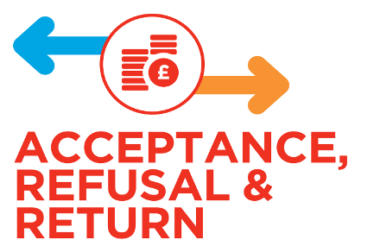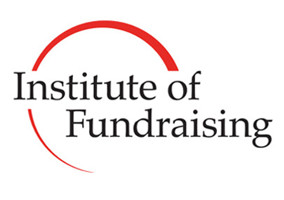The Institute of Fundraising has published guidance for charities on acceptance and refusal of donations, in the wake of the recent Presidents Club scandal.
The IoF published the guidance late yesterday, and said it is “aimed at anyone in charities who is involved in raising funds and making decisions on gift acceptance”. There is also a specific section which covers “the role and responsibility of trustees” of a charity faced with the prospect of having to either refuse or even return a donation.
The guide sets out the rules under the Charities Act 2008 which govern the acceptance and refusal of donations, as well as how charities can go about getting the authority to return a donation once it has been made and accepted.
There is also a step-by-step section devoted to creating and developing a charity-wide policy on donation acceptance; a series of “examples and case studies” and a number of links to further available information on the topic, including guidance from the Charity Commission, Scottish Charity Regulator, Fundraising Regulator and the National Audit Office.
Donation acceptance ‘fundamentally important’ to reputation
The IoF said the guidance was intended to help trustees and fundraisers “make clear and consistent decisions” about accepting, refusing or returning donations, and warned that the reputation of the sector was at stake.
“The Presidents Club scandal in January 2018 served as a timely reminder that charities need to carefully consider the donations they accept, and the necessary process to follow if charities want to return a donation.
“Donation acceptance is fundamentally important to a charity’s reputation and the trust the public have in them, and it is important to ensure that a conflict does not arise from accepting a donation with a charity’s ethics, values and vision.“
The guide is free to read and can be downloaded from the IoF’s website here.
Charity Commission backs guidance
Sarah Atkinson, director of policy, planning and communications at the Charity Commission, offered support to the IoF's guidance, she said: “It is, rightly, difficult for a charity to decide to refuse or return a donation – it will need all the money it can get and trustees are under a duty to use all the charity’s resources to further its aims for the public benefit.
“But there are some rare situations when trustees can properly decide that refusing or returning a donation is going to be in the charity’s best interests. We hope that this guidance will help charities understand those situations, and the rules and processes around them.”
Stephanie Siddall, policy manager at the IoF, said: “Fundraisers understand the important of making sure there is enough money and resource for their charity to be able to carry out its work. But, sometimes there are other considerations that can be more important – the value of donation may not always be worth the cost in terms of a potential loss of public trust and confidence, reputational damage or a conflict with the charity’s ethics, values and vision.
“These aren’t easy decisions, which is why this guidance is an important tool in supporting charities, fundraisers and trustees to know how to deal with these situations.”
|
Related Articles












